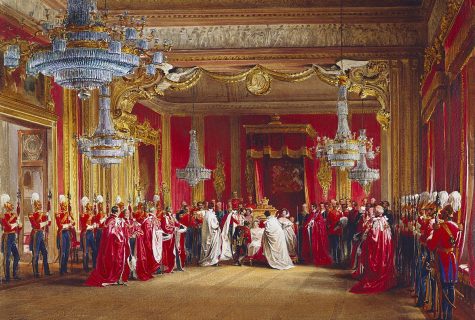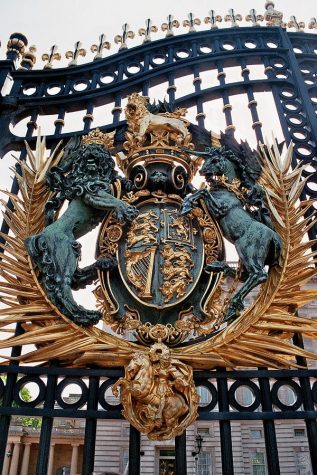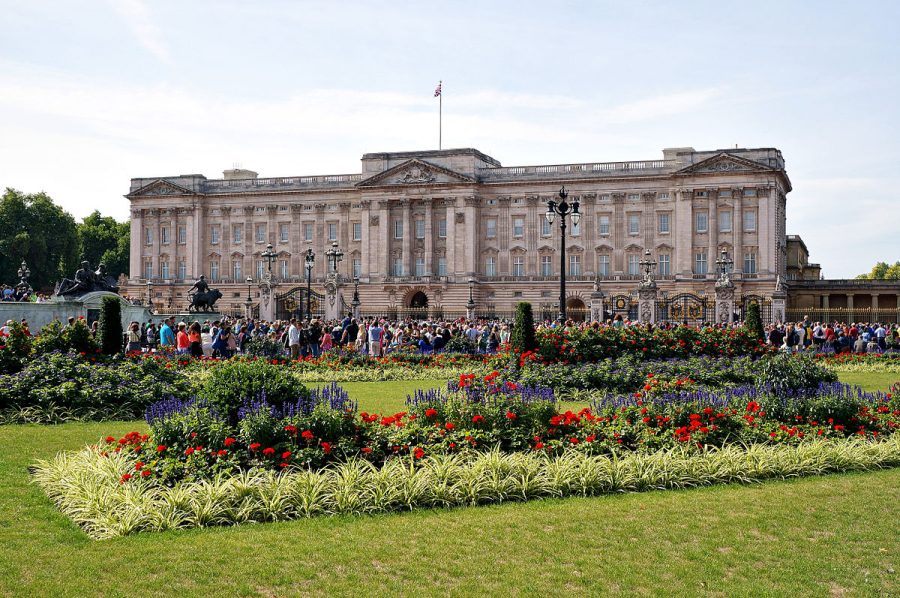The Monarchy in Britain and the Controversy Behind It
Should the British monarchy continue into the 21st Century? Has the UK outgrown its traditional, historic form of government?
Jey Han, CC BY-SA 3.0
Following the death of Her Majesty Queen Elizabeth II, many have called into question the legitimacy of a monarchy, even a constitutional one
In Great Britain and the United Kingdom there have been 62 monarchs over approximately 1200 years. All of the monarchs are descendants of King Alfred the Great, who ruled in the year 871. However, with the death of Queen Elizabeth on September 8, 2022, many are starting to question the legitimacy of a monarchy in today’s society, even a constitutional one such as Great Britain.

In Great Britain, there is a political movement known as Republicanism. The supporters of this movement, called Republicans, seek to replace the monarchy in the United Kingdom with a republic. They support alternative forms of government, such as an elected head of state. Interestingly enough, England and Wales had a Republican government in the mid 17th century, along with Ireland and Scotland. This period was called the Commonwealth of England and it lasted from the execution of Charles I in 1649 until the restoration of the monarchy in 1660.
The main complaints that flood the metaphorical inboxes of the royal family include the institutions lack of accountability, as well as the fact that appointing a head of state hereditarily is undemocratic, unfair, and elitist. They suggest that instead it should should be decided with democratic elections.
More complaints include the monarchy’s expense and the fact that the UK monarchy still holds royal prerogative, which grants the Prime Minister powers such as the ability to declare war or sign treaties without a vote in Parliament, the Privy Council (an advisory body for the monarch) being able to enact legislation without a vote in Parliament, among other things. In 2022, there are three major political parties in England: the Labour Party, the Conservative Party, and the Liberal Democrats. While none of these parties actively have a policy of Republicanism, there are multiple individual politicians who favor abolition of the monarchy.

However, there are still those heavily in favor of the monarchy who are making their voices heard. Their arguments for a continuation of the monarchy are many and well thought out. They bring up that it isn’t inherently undemocratic. This is true because in a constitutional monarchy, the Head of State only acts on advising from Parliament, thus the people still hold the power. Another commonly sited argument is that it provides a focal point for unity. They say that a nonpartisan Head of State helps focus national unity and and awards.
Probably the most convincing argument, however is that it helps avoid extreme politics. In the past, all European monarchies have been able to avoid extreme politics such as communism and fascism, “in part because monarchies provide a check on the wills of populist politicians” by representing entrenched customs and traditions. (Matthew Feeney)” They also bring up the argument that the reinstating of the monarchy was introduced as a result of a failing republic, the Commonwealth of England.
Whether or not you support the monarchy in Great Britain or indeed any nation, one must admit that there are arguments to be made for both sides. Both sides have good and bad repercussions, but as of right now, it doesn’t look like the monarchy in Great Britain is going anywhere.




